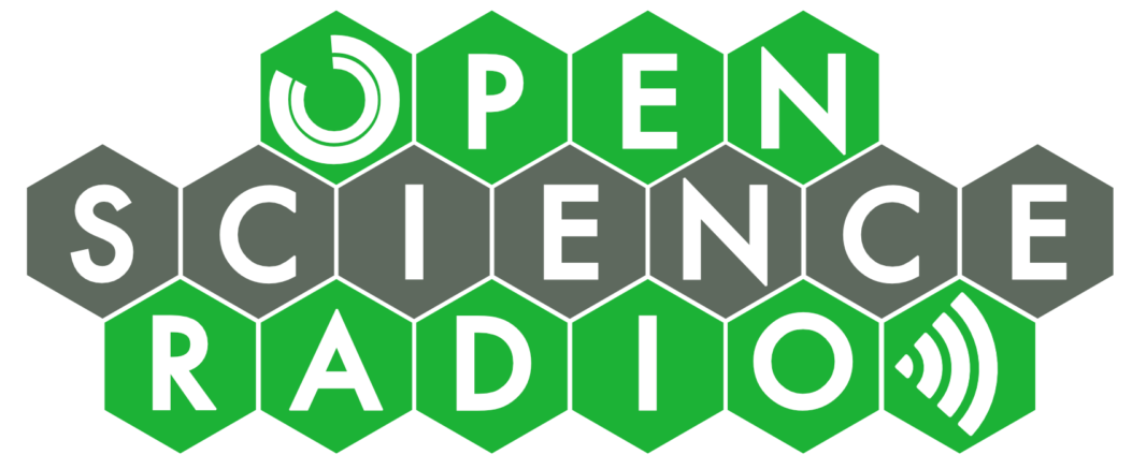With the current situation around the spread of the COVID-19 pandemic, there are several initiatives pushing forward to help finding solutions to successfully fight the virus. The global bioinformatics community is pushing its own efforts and organized the virtual COVID-19 Biohackathon. Starting today, contributors are invited to virtually work together on multiple topics and share their results openly via Github.
„The goal of COVID-19-BH20 is to create a cohesive effort and work on tooling for COVID-19 analysis. The biohackathon will lead to more readily accessible data, protocols, detection kits, protein predictions etc. We will also push for policy change where it comes to non-public or hard to access data because we are facing such challenges!“
Konrad had the chance to talk to one of the organizers, Leyla Jael Garcia-Castro, about the idea and implementation of this endeavor. Enjoy!
This is another episode from our coverage of the Barcamp Open Science. In this episode Konrad talked with Zsuzsika Sjoerds and Loek Brinkman about their session on mentorship and community building in Open Science.
This is another episode from our coverage of the Barcamp Open Science. In this episode Konrad talked with Christian Busse about his session on FAIR research software and the question whether the FAIR principles should be applied to code.
This is another episode from our coverage of the Barcamp Open Science. In this episode Konrad talked with Moritz Schubotz about the session he moderated on how research software can be discovered and credited.
Der Universitätsverlag der TU Berlin hat in diesem Jahr sein 50-jähriges Jubiläum gefeiert. Zu diesem Anlass gab es am 22. Oktober eine Podiumsdiskussion in der Universitätsbibliothek der TU. Unter dem Motto „Ein Blick zurück und zwei nach vorn“ diskutierten die TeilnehmerInnen Prof. Dr. Sabine Hark (TU Berlin, Gender Open, Zentrum für interdisziplinäre Frauen- und Geschlechterforschung), Dr. Ulrich Herb (SULB Saarbrücken), Prof. Dr. Johanna Hoerning (TU Berlin, Institut für Soziologie), Dr. Cori Mackrodt (Springer-Verlag) und Prof. Dr. Konrad Förstner (ZB MED Köln, Open Science Radio). Im Mittelpunkt der von Dr. Christina Riesenweber (FU Berlin) moderierten Diskussion stand die Frage wie das wissenschaftliche Publizieren der Zukunft aussehen wird.






